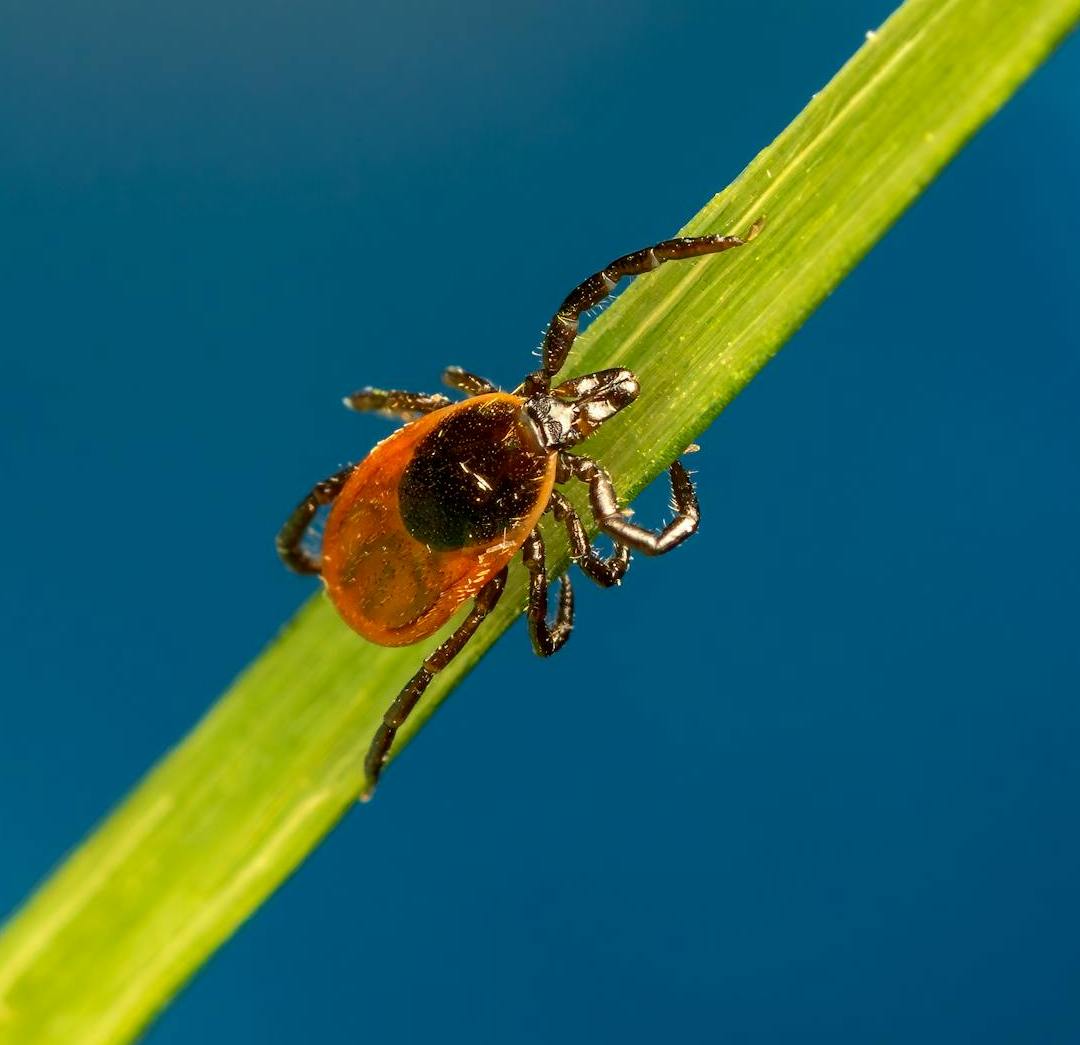When it comes to ticks, most Americans worry about hard ticks from the Ixodidae family. These are the ticks that transmit a variety of diseases to humans including lyme, Rocky Mountain spotted fever, anaplasmosis, and tularemia, just to name a few. Unfortunately, disease carrying ticks are migrating into new areas, and tick-borne diseases are becoming common in states where they were once rare. California is home to several disease-carrying tick species, such as winter ticks, Pacific coast ticks, Rocky Mountain wood ticks, American dog ticks, western black-legged ticks and the brown dog tick. Lyme disease, tick-borne relapsing fever and tularemia were the most commonly reported tick-borne diseases in California between the years of 2004 and 2013. Luckily, California sees a relatively small number of tick-borne disease cases, but officials with the Centers for Disease Control and Prevention claim that ticks are becoming more problematic in California with each passing year. While hard ticks are certainly dangerous, people living in the western United States must beware of soft tick species, which can inflict painful bites, infest homes and some species spread disease.
The brown dog tick is the only Ixodes tick species in the United States that can live out its entire life cycle indoors, and they are easily transported into homes by dogs. These factors make brown dog tick infestations common. While these ticks do not spread diseases to humans in California, they still pose a disease threat to dogs. Tick-borne relapsing fever is the second most common tick-borne disease in California, but hard ticks from the Ixodidae family do not transmit this disease; instead, soft ticks from the Argasidae family transmit tick-borne relapsing fever to humans. This disease is spread by ticks belonging to the Ornithodoros genus, which are abundant in Ventura County. Soft ticks dwell within rodent nests in the wild, but they are often found within and on the exterior walls of rustic homes. Since soft ticks feed on rodent hosts, and the animals may bring soft ticks closer to your home. Many of California’s tick-borne relapsing fever cases are believed to have been contracted indoors. Many soft tick species may not transmit disease, but they bite humans nevertheless, sometimes causing bite wounds to blister or bruise. It is also worth noting that spinose ear ticks in southern California are aptly named for their habit of infesting animal and human ear canals where they burrow into skin in order to suck blood.
Have you ever sustained a tick bite within your home? Contact us for an estimate!


